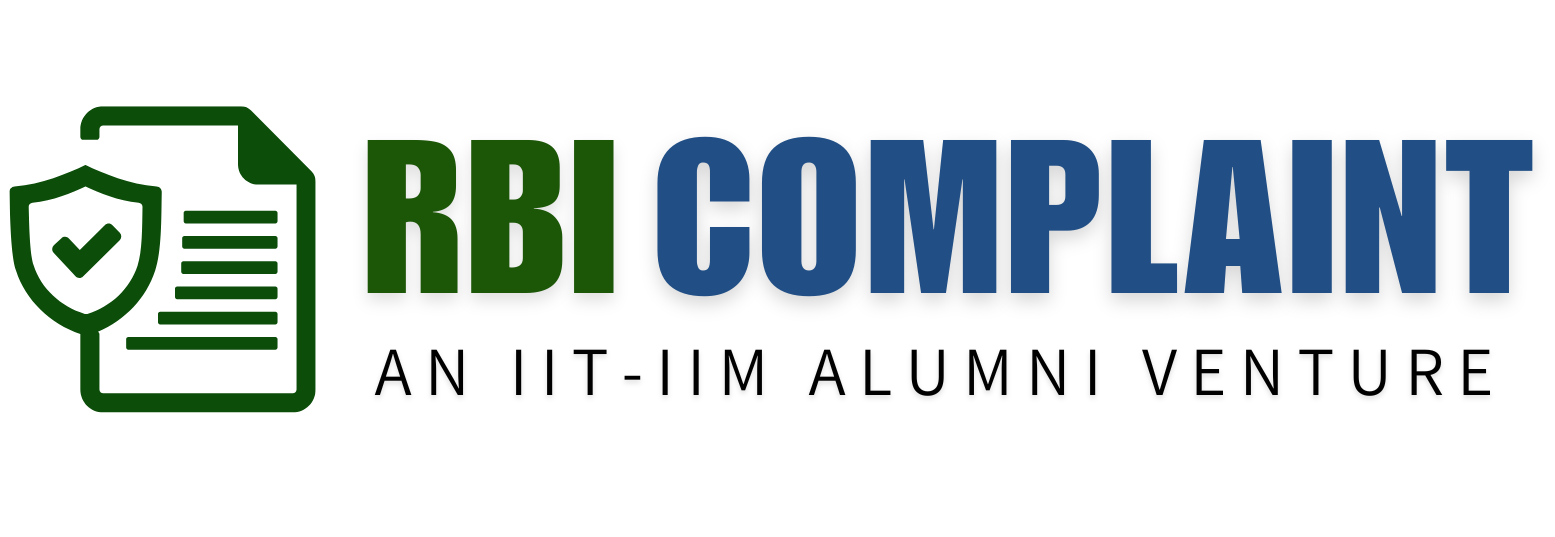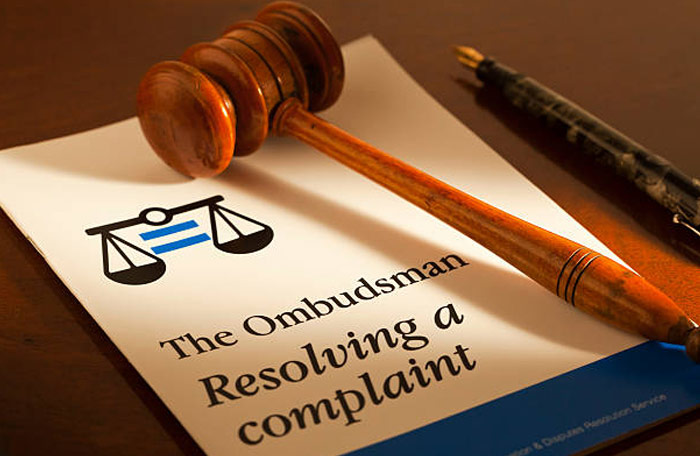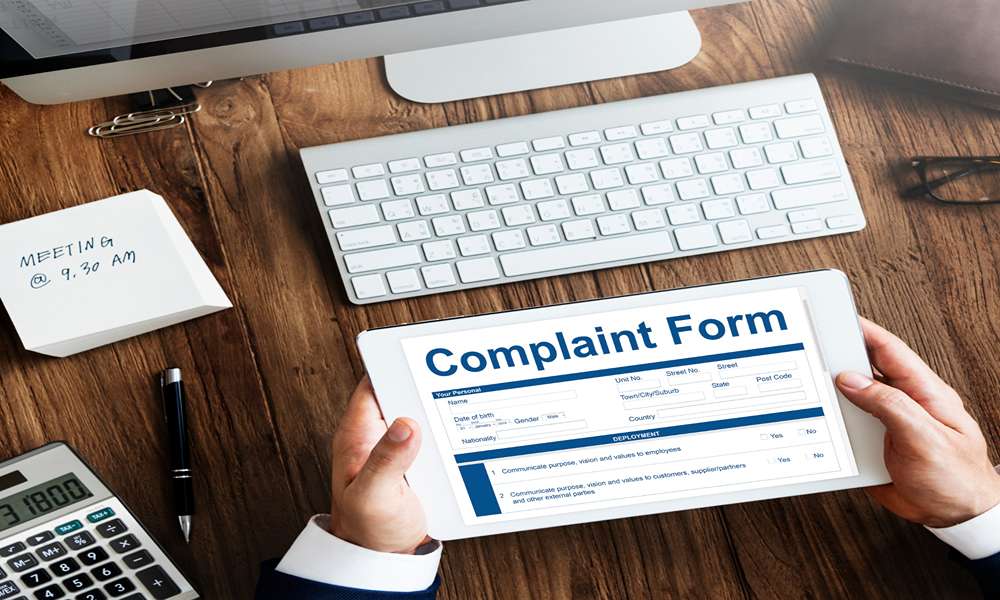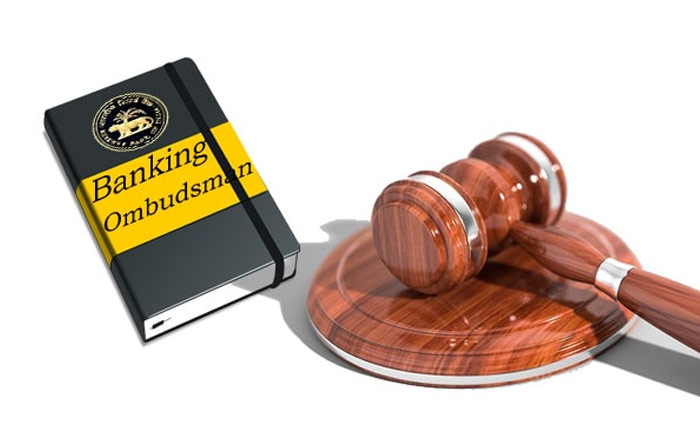· Bank Complaint · 3 min read
Can We Take Legal Action Against a Bank or NBFC?
Banks and Non-Banking Financial Companies (NBFCs) are vital pillars of our financial system, serving as essential intermediaries for various financial services. While these institutions strive to maintain ethical practices, there might be instances where consumers face issues that cannot be resolved through regular channels. In such cases, the question arises: Can we take legal action against a bank or NBFC? Let’s explore the circumstances under which legal action is possible and the steps to follow in seeking justice.
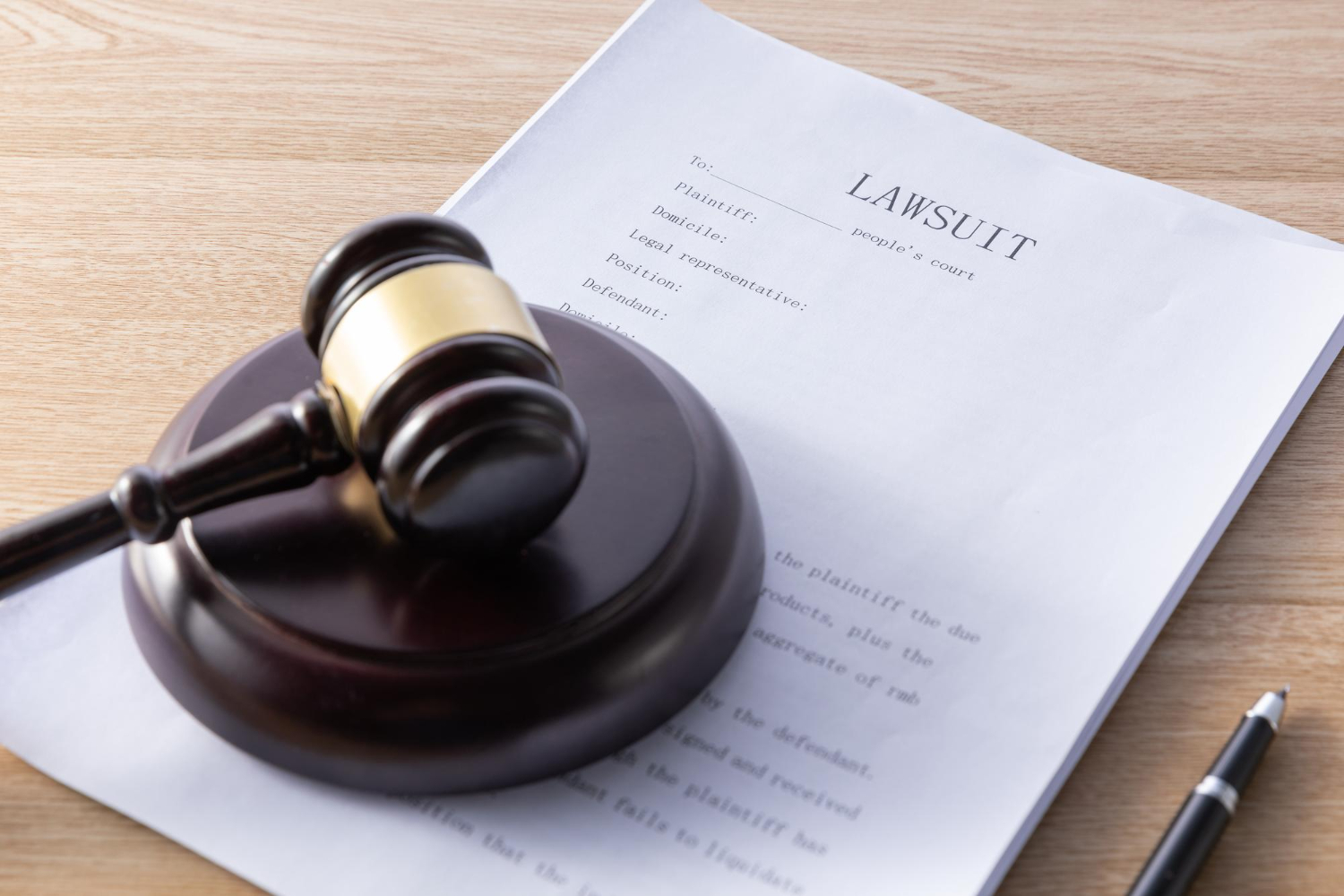
Understanding the Grounds for Legal Action
Legal action against a bank or NBFC can be pursued if there are valid grounds to do so. Some common reasons for initiating legal proceedings include:
Recovery Harassment
As mentioned in our previous article, recovery harassment involves aggressive and unethical debt collection practices by banks and NBFCs, which violate consumer rights.
Mis-Selling of Products:
If you believe that the financial product or service offered to you was misrepresented, and the bank or NBFC didn’t provide accurate information or disclose hidden charges, you might have a case for mis-selling.
Breach of Contract:
If the bank or NBFC fails to fulfill its obligations as outlined in the agreement, leading to financial loss or inconvenience for the consumer, it could be grounds for a legal claim.
Negligence and Fraud:
Instances of negligence or fraudulent activities, such as unauthorized transactions or mishandling of funds, can warrant legal action.
Exhausting Internal Grievance Redressal Mechanisms
Before resorting to legal action, it’s essential to exhaust all available internal grievance redressal mechanisms. Banks and NBFCs typically have dedicated customer service or grievance cells to address consumer complaints. Submit a formal complaint to them, clearly stating your grievances and expectations for resolution.
Seeking Assistance from Regulatory Bodies
If the internal grievance redressal mechanisms do not yield satisfactory results, the next step is to approach the relevant regulatory authorities. In India, the Reserve Bank of India (RBI) is the primary regulatory body for banks and NBFCs. They have a dedicated Consumer Education and Protection Department that handles complaints related to deficiency in services or unfair practices. The RBI also appoints Banking Ombudsman to handle customer complaints against banks.
Consultation with Consumer Protection Lawyers
If the issue remains unresolved even after approaching the regulatory bodies, it might be time to seek legal advice from consumer protection lawyers. These legal experts specialize in dealing with cases involving financial institutions and can guide you on the best course of action based on your specific situation.
Filing a Lawsuit
If the lawyer determines that you have a strong case, they will help you prepare and file a lawsuit against the bank or NBFC. Legal action can be a complex process, and having professional legal representation ensures that your rights are adequately protected.
Conclusion
While banks and NBFCs are generally committed to maintaining high ethical standards, there may be instances where consumers face issues that require legal intervention. Initiating legal action against a financial institution is possible, but it’s crucial to have valid grounds for doing so. Exhaust all internal grievance redressal mechanisms, seek assistance from regulatory bodies, and consider consulting with consumer protection lawyers before filing a lawsuit. Remember, legal action should be pursued as a last resort when all other avenues for resolution have been exhausted. The objective is to seek justice and ensure fair treatment for consumers in the financial sector.
